MySQL 5.6.4 and up expands fractional seconds support for TIME, DATETIME, and TIMESTAMP values, with up to microseconds (6 digits) precision: http://dev.mysql.com/doc/refman/5.6/en/fractional-seconds.html
Django 1.5 and up supports fractional seconds as imputformat: https://docs.djangoproject.com/en/1.5/ref/settings/#datetime-input-formats
But the DATETIME(6) field isn't implemented in Django yet. https://code.djangoproject.com/ticket/19716
I decided to write a custom DateTimeFractionField. It's the standard DateTimeField with the DATETIME([1-6]) db_type. 'precicion' is to set milliseconds, microseconds or any other fraction precicion.
class DateTimeFractionField(models.DateTimeField):
description = "Datetimefield with fraction second."
def __init__(self, precision, *args, **kwargs):
self.precision = precision
super(DateTimeFractionField, self).__init__(*args, **kwargs)
def db_type(self, connection):
return 'DATETIME(%s)' % self.precision
class MyModel(models.Model):
dt_micros = DateTimeFractionField(6)
dt_millis = DateTimeFractionField(3)
dt = models.DateTimeField()
def __unicode__(self):
return "%s - %s" %(self.dt_micros, self.dt_millis)
The mysql backend is responsible for replacing milliseconds with 0. The Django documentation suggests to write my own backend. https://docs.djangoproject.com/en/1.5/ref/settings/#engine
I hacked:
$ cd /path/to/site-packages/django/db/backends/
$ cp -r mysql mysql564
And modified mysql564/base.py:
Line 42:45
from django.db.backends.mysql564.client import DatabaseClient
from django.db.backends.mysql564.creation import DatabaseCreation
from django.db.backends.mysql564.introspection import DatabaseIntrospection
from django.db.backends.mysql564.validation import DatabaseValidation
Line 167
supports_microsecond_precision = True
Line 214
compiler_module = "django.db.backends.mysql564.compiler"
Line 357
return six.text_type(value) #value.replace(microsecond=0)
Line 368
return six.text_type(value) #value.replace(microsecond=0)
Line 373
return [first, second] #return [first.replace(microsecond=0), second.replace(microsecond=0)]
Then i activated my new backend in settings.py:
'ENGINE': 'django.db.backends.mysql564',
When I add and save my model in the admin, the values get saved to de db! :)

But they are not returned (None - None and empty form fields). :(

What am I missing here?
- Why are DateTimeFractionField values not returned?
- Is there a better (simpler) way to implement a datetimefield that support fractions?
I know there are other db's supporting fractions. But I like to use MySQL and get the ticket a little closer to fixed.
UPDATE:
It's not (only) the form, getting a datetime object from de db fails.
In [1]: from spacetime.models import MyModel
In [2]: from django.shortcuts import get_object_or_404
In [3]: get_object_or_404(MyModel, pk=1).dt
Out[3]: datetime.datetime(2013, 7, 25, 0, 22, 23)
In [4]: get_object_or_404(MyModel, pk=1).dt_millis
In [5]: get_object_or_404(MyModel, pk=1).dt_millis.__class__
Out[5]: NoneType #This should be datetime.datetime